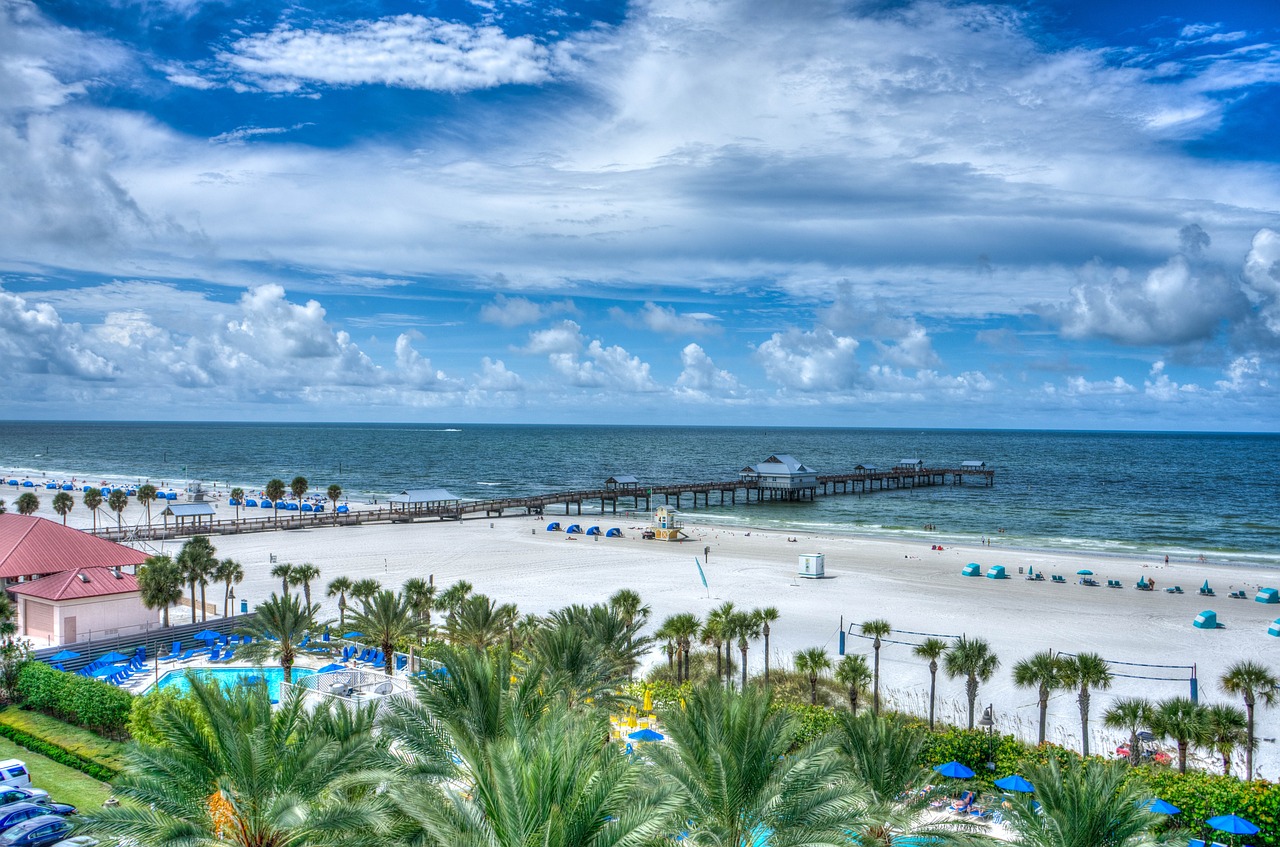The real estate market in Florida is a dynamic landscape, shaped by a variety of factors including economic trends, population growth, and shifting buyer preferences. As we delve into 2024, the Sunshine State continues to attract attention from investors, homebuyers, and developers alike. Let’s take a closer look at the current state of Florida’s real estate market and explore some key insights.
Economic Resilience: Despite periodic challenges, Florida’s economy remains robust, driven by diverse industries including tourism, healthcare, technology, and finance. This economic resilience has translated into a stable real estate market, with both residential and commercial properties maintaining steady demand. Job growth and a favorable business climate have contributed to sustained interest from both local and out-of-state buyers.
Population Growth: Florida continues to be a magnet for population growth, fueled by factors such as retirees seeking warm weather, young professionals drawn to vibrant urban centers, and families seeking a high quality of life. This influx of residents has led to increased demand for housing across the state, driving up property values and spurring new construction projects.
Urban Revitalization: Cities like Miami, Orlando, and Tampa are experiencing significant urban revitalization efforts, with a focus on mixed-use developments, pedestrian-friendly infrastructure, and cultural amenities. These urban centers are attracting young professionals and empty nesters alike, driving demand for condos, townhomes, and luxury apartments in prime locations.
Luxury Market Flourishes: Florida’s luxury real estate market remains robust, with waterfront properties, luxury condos, and gated estates commanding top dollar. International buyers, particularly from Latin America and Europe, continue to invest in luxury properties as a hedge against economic uncertainty and geopolitical instability in their home countries.
Shifts in Work-from-Home Culture: The rise of remote work has prompted many professionals to reassess their living situations, leading to increased interest in suburban and rural properties offering more space and tranquility. Florida’s suburban communities are experiencing a surge in demand as remote workers seek out homes with home offices, outdoor amenities, and access to nature.
Conclusion: Florida’s real estate market remains vibrant and resilient, offering opportunities for investors, homebuyers, and developers alike. Economic stability, population growth, urban revitalization, luxury market appeal, and shifts in work-from-home culture are among the key factors driving the state’s real estate landscape. Whether you’re seeking a beachfront condo, a suburban oasis, or a downtown loft, Florida offers a diverse array of options to suit every lifestyle and budget. As always, it’s essential to work with knowledgeable real estate professionals who can guide you through the process and help you make informed decisions in this dynamic market.

 Facebook
Facebook
 X
X
 Pinterest
Pinterest
 Copy Link
Copy Link
